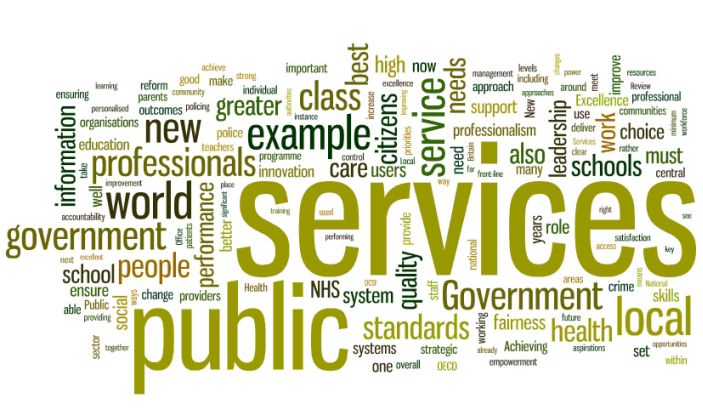A recent Harris Poll finds that over half of adults (59%) agree that some sort of public service should be required of Americans, whether at the community, state, or national level. Strong majorities of U.S. adults believe that requiring public service would be good for both communities (81%) and the country at the national level (77%). Interestingly, though Democrats and Republicans tend to disagree with each other on most topics, this issue shows bipartisan support.
Roughly three in five Republicans (58%), Democrats (61%), and Independents (58%) agree that some sort of public service should be required, and approximately four in five each agree that a public service commitment would be good for communities (83%, 84%, & 79%, respectively). Majorities of each also believe requiring public service would be good for the country at the national level, though Democrats are slightly more gung ho (82% Democrats vs. 76% Republicans & 75% Independents).
However, there are elements to this concept that give Americans pause. In particular, U.S. adults are split down the middle on whether a public service requirement would be a breach of Americans’ civil rights (50% agree/50% disagree).
These are some of the results of The Harris Poll® of 2,244 U.S. adults surveyed online between March 11 and 16, 2015. Full results of this study, including data tables, can be found here.
Types of service
Asked to imagine that some form of public service was an American requirement, adults weighed in on what types of activities should count towards fulfilling that obligation.
The top choices include working in a food bank/soup kitchen (67%) and cleaning up public areas (66%), followed by working in a shelter or with a program intended to help the homeless (60%), working in an animal shelter (57%), assisting at a hospital (53%), and participating in mentoring programs (53%).
Half of Americans (50%) agree that working to help victims of domestic abuse should count towards such a requirement, with more women than men (54% vs. 45%, respectively) supporting this option.
On the other end of the spectrum, roughly or close to a third would approve of medical donations (such as blood or bone marrow donations – 34%), teaching at a school (32%), or working at a religious center or house of worship (31%) counting towards the obligation. Doing humanitarian work in a foreign country earned the smallest amount of support, selected by only 22% of the population.
Money matters
So where do money and public service mix? Seven in ten adults believe Americans should be able to lower their tax liability by providing “over and above” levels of public service (71%).
On the other hand, only 43% of adults believe that if public service were required, there should be an option to pay money toward subsidizing a program instead of participating. 52% of Millennials and 47% of Gen Xers support being able to pay instead of participating, but only 36% of Baby Boomers and 35% of Matures feel the same.
Commitment issues
Most Americans believe the public service requirement should be fulfilled over a limited amount of time (76%), though it’s worth noting that a fourth believe some form of service should be expected on an ongoing basis (24%). A majority (60%) supports service periods of less than a year, more specifically with four in ten saying it should be less than 6 months (39%) and two in ten saying 6 months to less than 1 year of service (21%). Smaller subsets favor 1 year to less than 2 years (12%) and between 2 and 5 years (4%).
If public service were required over a limited period of time, over four in five Americans feel the commitment should amount to less than 10 hours per week (85%), with 26% believing it should be closest to 5 hours per week and 59% asserting that closer to 2 hours a week should be required.
How old is old enough?
At 13 you become a teenager and by 16 (or earlier, depending on your state) you can drive a car. 18 year olds can enlist in the military and those 21 and over can drink alcohol. But at what age do Americans believe you’re old enough to be expected to participate in public service? According to roughly two in five adults, mandatory public service should begin between the ages of ten and fifteen (38%). Another three in ten each believe the start of service should wait until a person is sixteen or seventeen (29%) or eighteen or older (33%).
Thanks for reading CPA Practice Advisor!
Subscribe Already registered? Log In
Need more information? Read the FAQs




